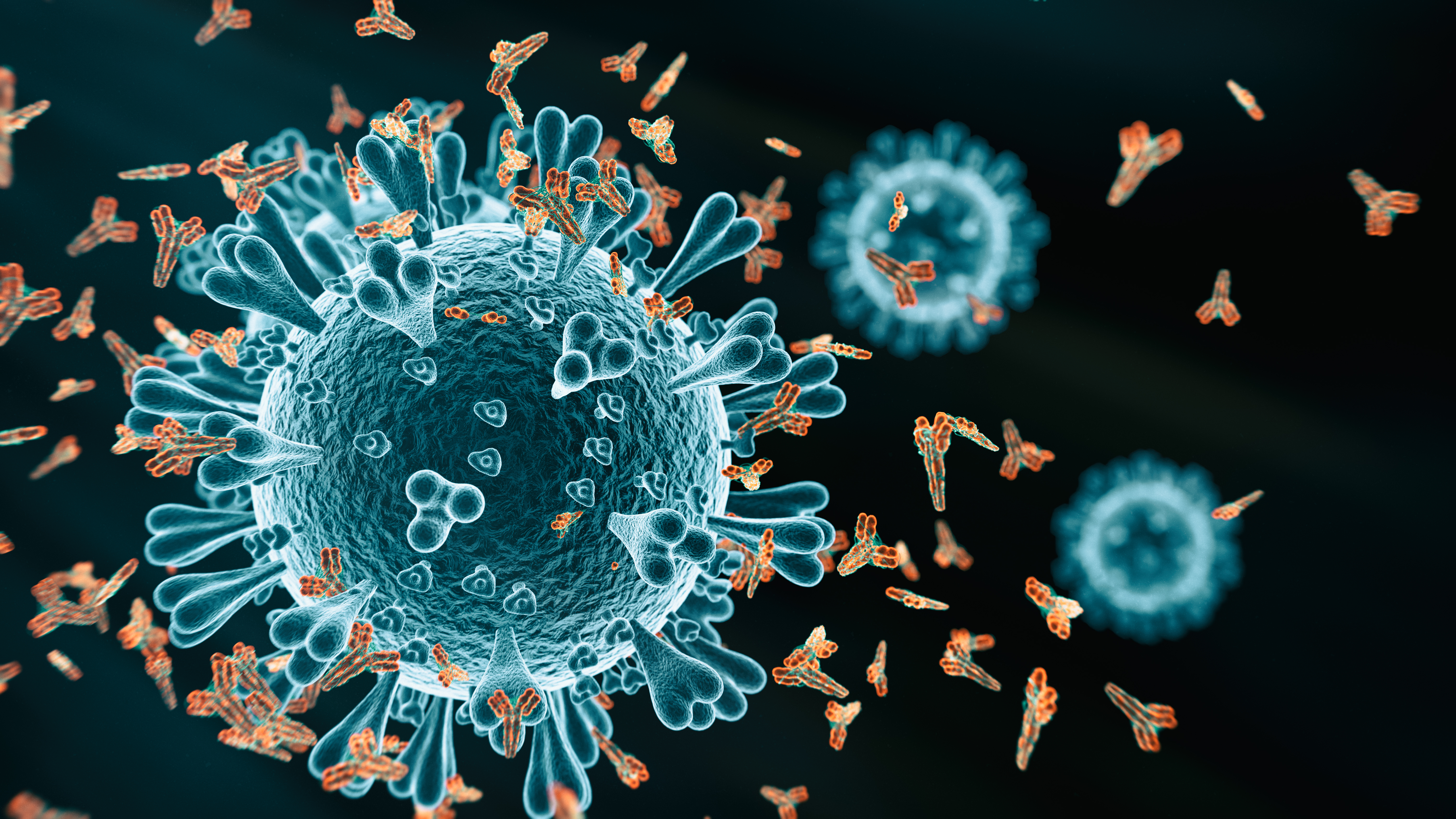The immune-evading COVID-19 variants BQ.1 and BQ.1.1 are continuing to rise in New England, with their share of cases nearly doubling each of the past two weeks.
BQ.1 and and BQ.1.1 now account for approximately 20% of all coronavirus cases in the region, according to the latest data from the Centers for Disease Control and Prevention. That's almost double the 13% figure from the week prior.
While the BA.5 variant of COVID-19 continues to make up the majority of cases in the United States, new immune-evasive variants have emerged in recent weeks, including XBB, BQ.1 and BQ.1.1.
XBB, a descendent of omicron variant BA.2, spread rapidly in other parts of the world, like Singapore, but about 99.8% of cases were mild. While XBB has yet to show up in any region in the U.S., Boston doctors say the strain is likely already in Massachusetts.
Get New England news, weather forecasts and entertainment stories to your inbox. Sign up for NECN newsletters.
Since experts say the virus will inevitably continue to mutate, they are calling for a better way to determine whether a new variant will be a problem. Tufts Medical Center Hospital Epidemiologist Dr. Shira Doron, Brigham and Women's Chief of Infectious Disease Dr. Daniel Kuritzkes and Boston Medical Center's Dr. Benjamin Linas talked about the new variants and the need for a strategy to deal with them during NBC10 Boston's weekly "COVID Q&A" series.
"I think this is what we're gonna see forever. We we know the virus is constantly mutating," Doron said. "Any specific variant that arises from mutation that has any kind of advantage on a population level and starts to spread a little, if it's got a growth advantage, it will spread a lot and it could edge out competitors."
A variant could have a growth advantage by being more contagious or more immune invasive, Doron explained, but that doesn't mean it's the most infectious variant to date. The infectious disease expert emphasized that the term "immune evasive" relates to collective immunity within a community at a specific point in time.
I don't think that it's sustainable to live a 2020 lifestyle into the future.
Dr. Benjamin Linas, Boston Medical Center
"It's incorrect to say that any new variant that's edging out competitors is the most contagious variant we've ever seen in the whole pandemic," Doron said. "It's having a growth advantage in this moment given the population that it's spreading in. And so, in this case, it is likely that these two new variants that are growing at a higher speed are evading the immunity that our population has right now."
Linas and Kuritzkes agreed, adding that, since cases will continue to go up and down, there needs to be a strategy to determine whether a new variant warrants a response.
"I think we've seen that we have to learn to live with this. And I guess to me, the implication is, so what's the plan? I don't think we found it yet. It feels very much like right now we're stuck," Linas said. "I don't think that it's sustainable to live a 2020 lifestyle into the future. I think most of us agree with that."
"What does the sustainable pandemic response look like? Because we're where we are now for the foreseeable future. I don't think anyone can realistically forecast a decrease in cases to zero," Linas added.
"It's very hard to predict where any individual variant will go," Kuritzkes said. "We should be watching. That helps us prepare for what may be emerging but it's really too soon to say where XBB is going."



